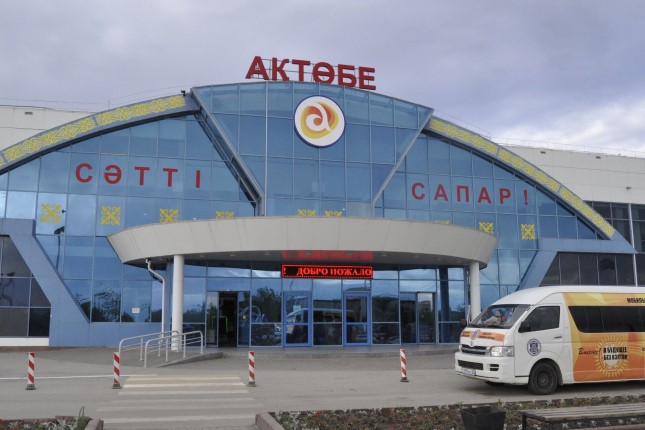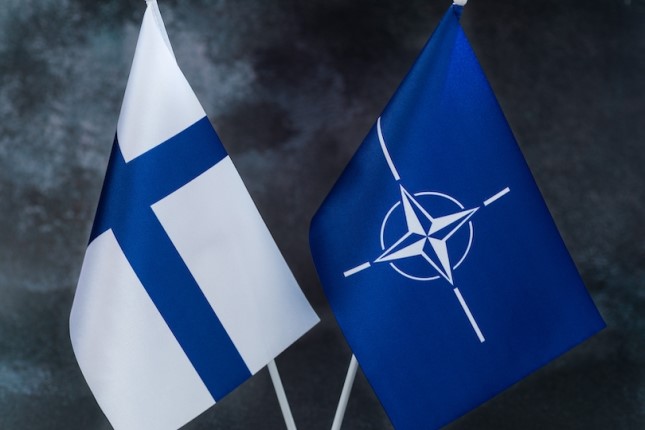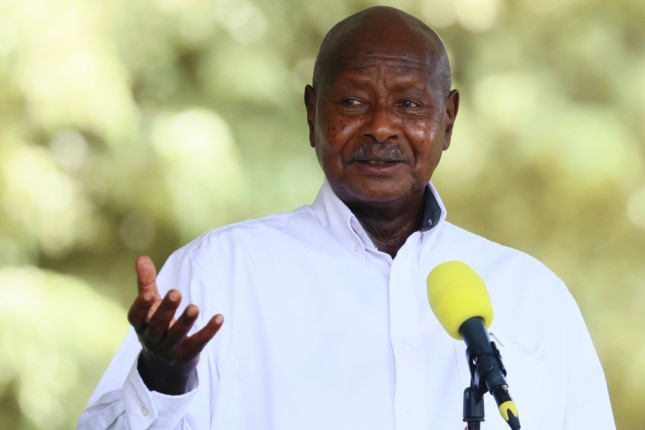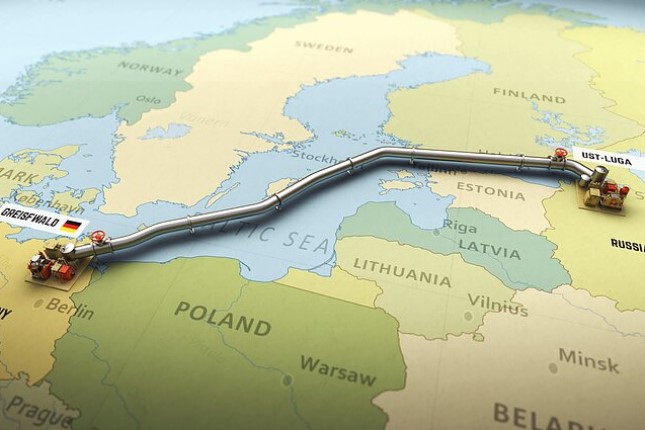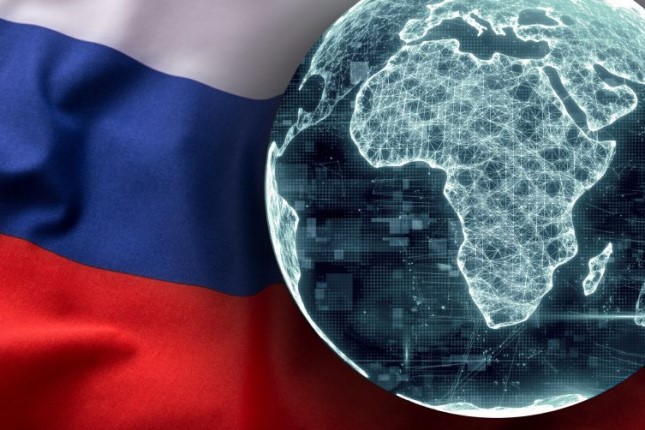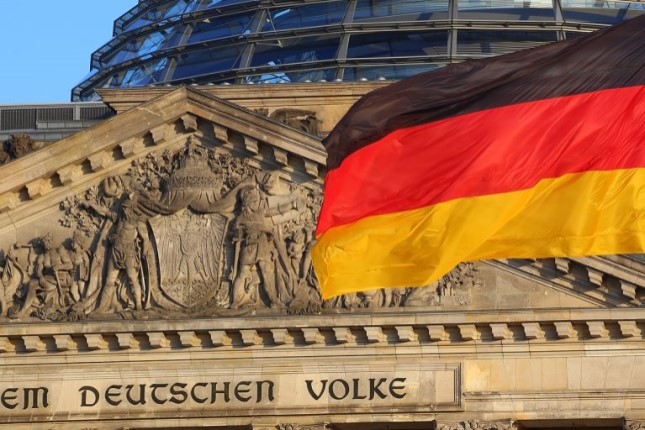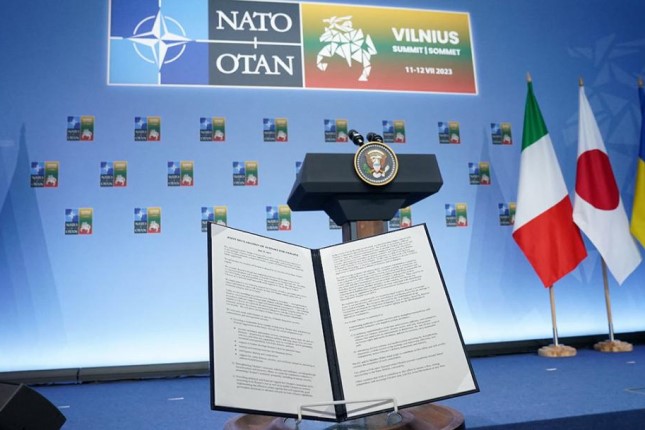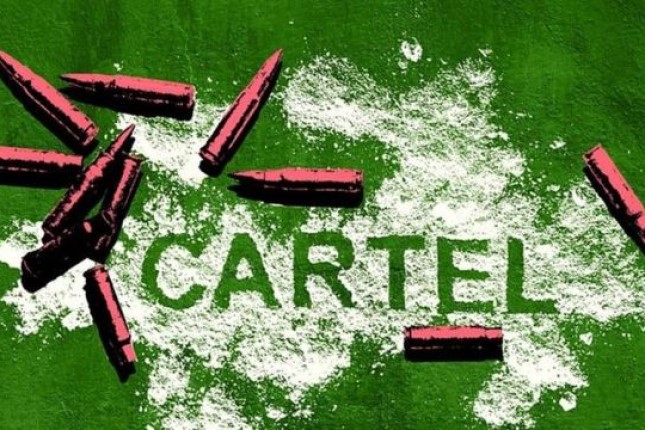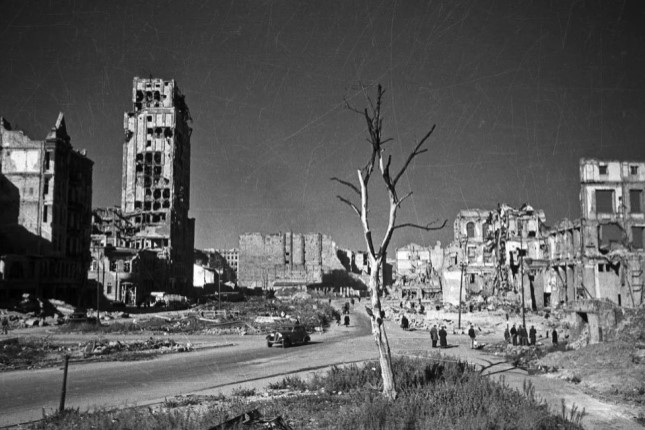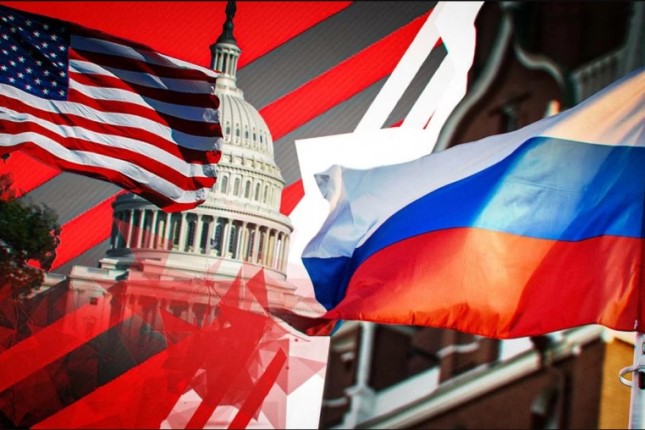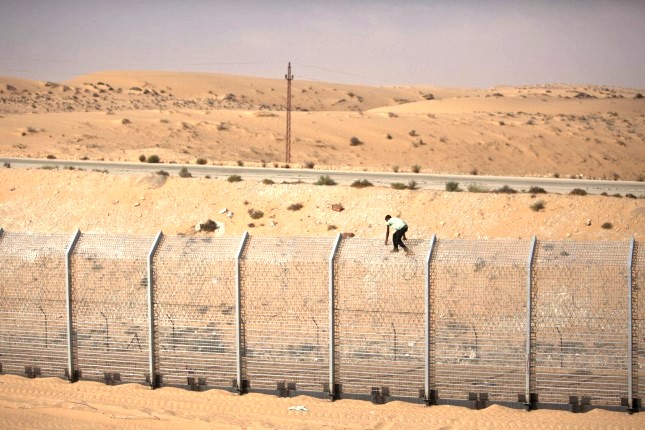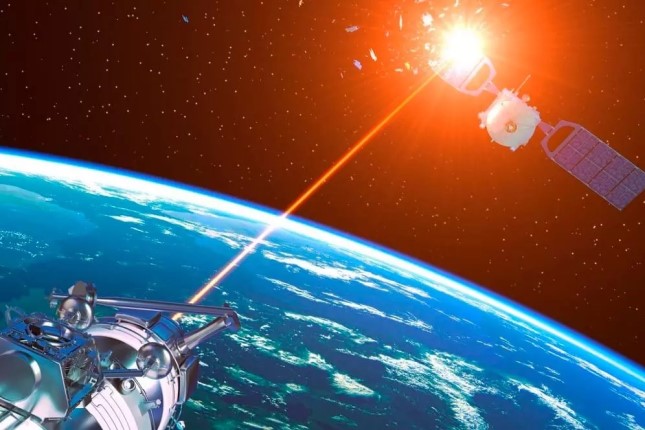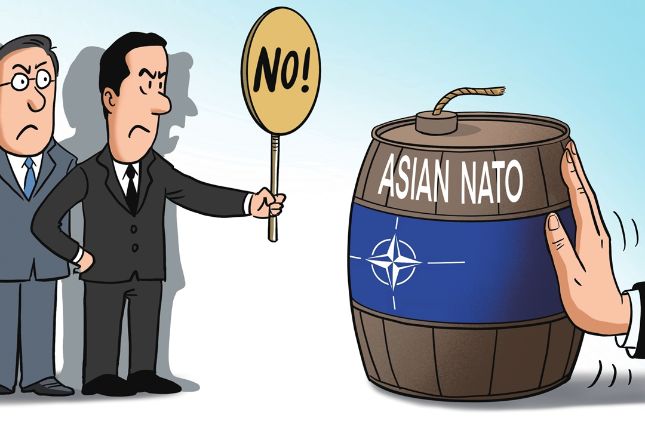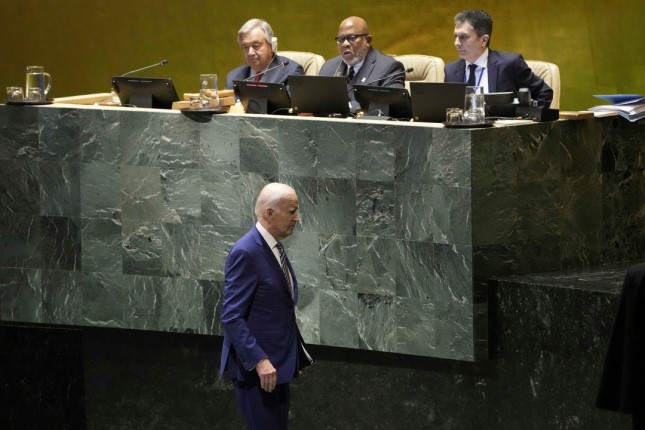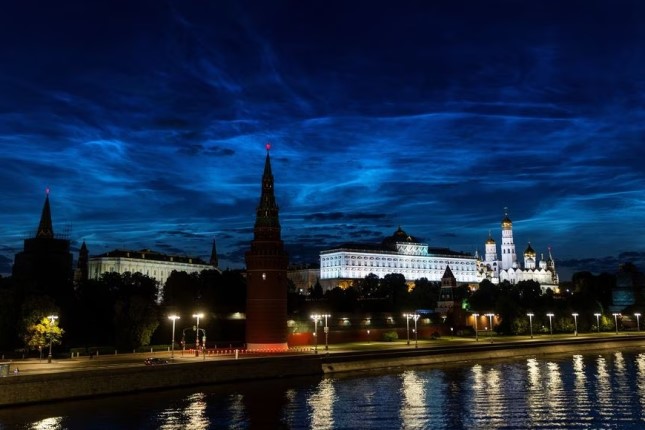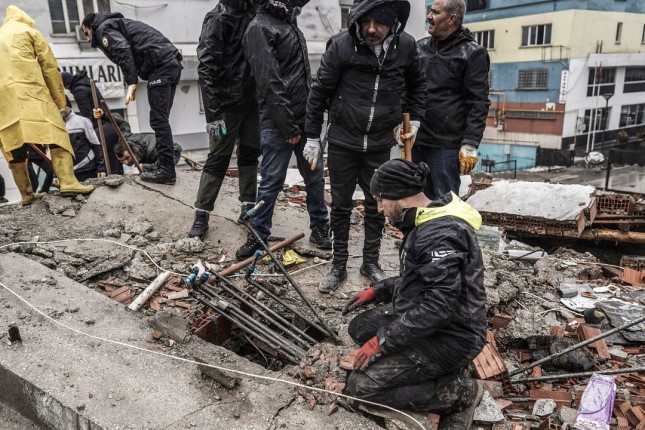The deal signed in Istanbul to export grain from Ukraine through the Black Sea was welcomed with great enthusiasm. Some commentators hailed it almost as salvation from global hunger. But 20 million tonnes of wheat is unlikely to make any dramatic change in the food balance of the planet. Experts, referring to official US data, doubt that the Kyiv authorities have that many tonnes of grain in storage at all.
Besides wheat, Ukraine is also one of the world's biggest exporters of barley, corn, and sunflower oil. But even if Kyiv empties out all its storage facilities, this will not help lower global food prices much. At most, it will slightly reduce the speculative component.
Perhaps that is why observers attach greater importance to the geopolitical aspect of the deal. Those who control the food supply have an influence on the region and the whole world. From this perspective, Turkey, which played a significant role in signing the agreements, stands to gain the most from the deal.
The deal was arranged in two trilateral agreements: Turkey and the UN signed an agreement first with Ukraine and then with Russia. The deal stipulates the export of Ukrainian grain via the Black Sea from the ports of Odesa, Chernomorsk, and Yuzhny. The agreement is set to last for 120 days, with an option to be renewed.
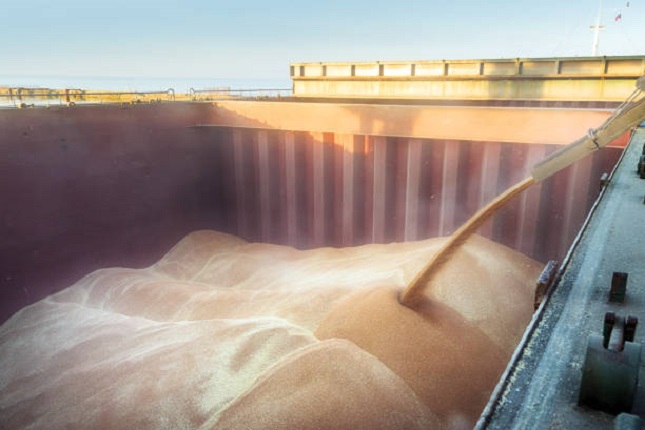
Ukraine will not demine its ports, which it previously mined itself, for this would be too time-consuming. The ships will follow safe navigational channels, which are yet to be determined, with no military escort. Warships, aircraft, and drones will not be allowed to approach grain convoys.
A coordination centre with representatives from Russia, Turkey, and Ukraine will be set up in Istanbul to implement all these agreements and supervise the fulfilment of the contract. They will inspect the cargo ships heading for Ukraine to get grain for weapons smuggling, both when they enter and exit the Black Sea.
The grain corridor is expected to start operating as soon as next month. This will allow for a short-term increase in export volumes, probably up to 5 million or 6 million tonnes per month (pre-February 24 volumes). Grain exports from Ukraine have not exceeded 2 million tonnes per month in recent months, even though Kyiv has tried its best to develop alternative routes along the Danube River, and by road and rail.
Meanwhile, according to the United States Department of Agriculture, in May, Ukraine almost completed its plan for the previous season by exporting all the grain left in its storages. The sea grain corridor will thus transport only the agricultural products which have remained in the grain elevators of the Odesa region. Perhaps the Istanbul agreement is intended not for those leftovers but mostly for the future harvest in Ukraine, which is expected to amount to 60 million tonnes. Should the deal struggle for some reason and not go ahead soon, about a third of this potential volume is bound to end up rotting away as storage facilities will have no room to keep it.
The UN voiced another critical aspect of the deal. The agreement would also facilitate the export of Russian agricultural fertilisers, for which the EU and the US have already eased their sanctions. According to industry analysts, this decision will have a much more favourable effect on food prices than the unblocking of Ukrainian grain. After all, Russia is one of the world's most important exporters of three major groups of fertilisers: nitrogen, phosphate, and potash. According to the Federal Customs Committee, in 2021, Russia exported 37.6 million tonnes of fertilisers (14.5 million nitrogen, 11.9 million potash, 11.2 million complex) for USD 12.5 billion.
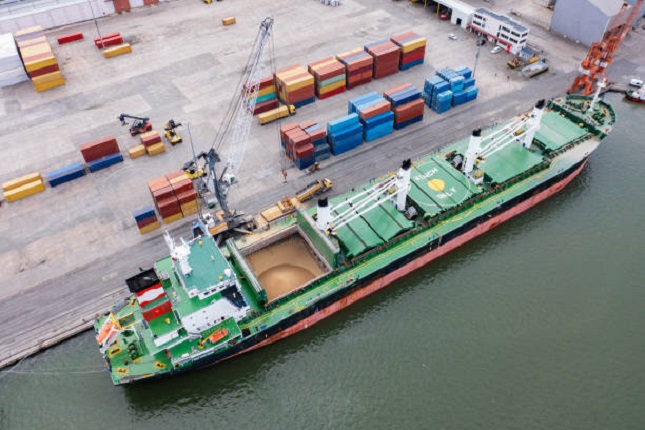
Experts say that global food shortages have mainly affected the poorest countries, particularly in the Middle East and Africa. These regions depend on grain imports from Russia and Ukraine, and after February 24, it was difficult to transport such cargoes, part because of anti-Russian sanctions and part due to mined Ukrainian ports.
Ten years ago, the food crisis triggered the events of the Arab Spring, so Middle Eastern countries were highly interested in easing anti-Russian sanctions on agricultural products and opening corridors for the export of Ukrainian grain. Some of these results were achieved in Istanbul. And Turkish president Recep Tayyip Erdogan managed to present them as his personal achievement.
The sultan of grain
The UN expects Turkey to continue playing an important role in implementing the agreement to export grain from Ukraine. By saying that, Secretary-General Antonio Guterres just stated the inevitable. The agreements signed in Istanbul make Turkey the main centre that will distribute Ukrainian grain to the Middle Eastern countries. In this regard, some journalists have already dubbed Erdogan the sultan of grain.
The Turkish president will control the flow of agricultural products from Ukraine to countries in the Middle East and North Africa that are not on the friendliest of terms with Turkey. Thus, Erdogan gets leverage over Egypt and other countries involved in the Libyan conflict. In addition, Ankara is taking another step toward realising its concept of a "logistical superpower," in which any goods between East and West must pass through Turkey's control zone.

In purely economic terms, Turkey will also be able to earn, particularly, from processing Russian and Ukrainian grain. For this purpose, the country has prepared solid capacities for grain processing to meet different national standards of potential buyers. The biggest Turkish grain traders are especially grateful to their president. Since the beginning of the crisis, they have been buying produce from Ukrainian farmers at low prices on the pretext that they will not export it anyway. And they did not lose.
Ankara has worked extensively with Russia, Ukraine, and the West, using both persuasion and threats, to implement the grain phase of its policy. In the Middle Eastern press, the Turkish style of international relations is increasingly called "power geoeconomics," paying tribute to President Erdogan's scope, activity, and toughness. The Turkish president is taking the plunge amid major challenges facing his own country. The greatest of them is the decline of the national economy which could destabilise Turkey and nullify all of Erdogan's victories should the challenges remain unaddressed.
Volumes and impact on the market
Global wheat prices fell by 6% on the news from Istanbul, thus returning to pre-February 24 levels. Wheat has lost a third of its value since the beginning of the year, but this is no reason for optimism. The price of grain is now still 40% higher compared with January 2020. In addition, if the deal gets cancelled, food prices will probably hit the ceiling. Such a possibility has been looming since the events in the Odesa port.
According to analysts, the current decrease on the news about the grain deal is a reaction of speculators rather than the influence of fundamental factors. Even the mythical 20 million tonnes of Ukrainian grain will not be able to significantly impact the global food situation, as this volume only makes up a very small part of the world production. For example, wheat exports alone are expected to reach 205 million tonnes this year. Considering other crops, the volume is greater.
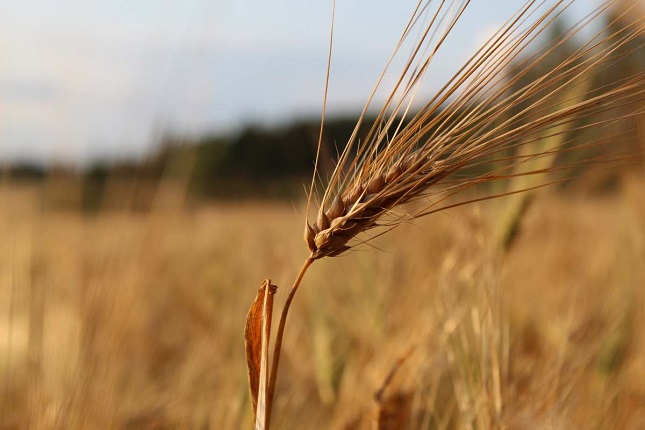
As for the global food crisis, experts estimate that it has been going on since the beginning of the coronavirus pandemic. Excessive sanitary restrictions have disrupted supply chains, inflated energy prices, and eventually become the main trigger for food inflation. Since the pandemic began, food prices have increased by 20% every year.
The Russian-Ukrainian crisis has played a minor role in the rise in food prices. To argue otherwise is to politicise the issue. Among other things, it is crucial to remember that in times of the food crisis, the main exporting countries, apart from Russia and Ukraine, have imposed restrictions on grain exports. For example, India has done so.
According to UN estimates, there are between 800 million and 900 million hungry people in the 45 poorest countries. Most of them are in Africa and South Asia, while experts never expect famine to hit developed countries. The point is that a food crisis doesn’t consist in just a lack of food, but rather an increase in food prices. Rich states will obviously be able to pay for any necessary quantities of agricultural raw materials to provide for their economically disadvantaged people through aid programmes. Poorer governments will not have that option.

The West's sanctions war against Russia, which expects to have a record wheat harvest of 90.9 million tonnes this year, along with Ukraine’s mining of its ports, and export restrictions on agricultural producers have caused problems in the food market, and the Global South will be the first to face them. It is worth paying attention to the West’s cynical position, which condemns millions of people to starvation because of its political ambitions and wrong decisions. This is happening under the guise of humanity, compared to which Turkey's approach to developing countries looks fairer, albeit more cynical. Through the Istanbul grain agreements, Ankara has secured itself a position as the leading food distributor for the Middle East and Africa on the one hand, and as the primary mediator in the Russia-Ukraine conflict, on the other.

